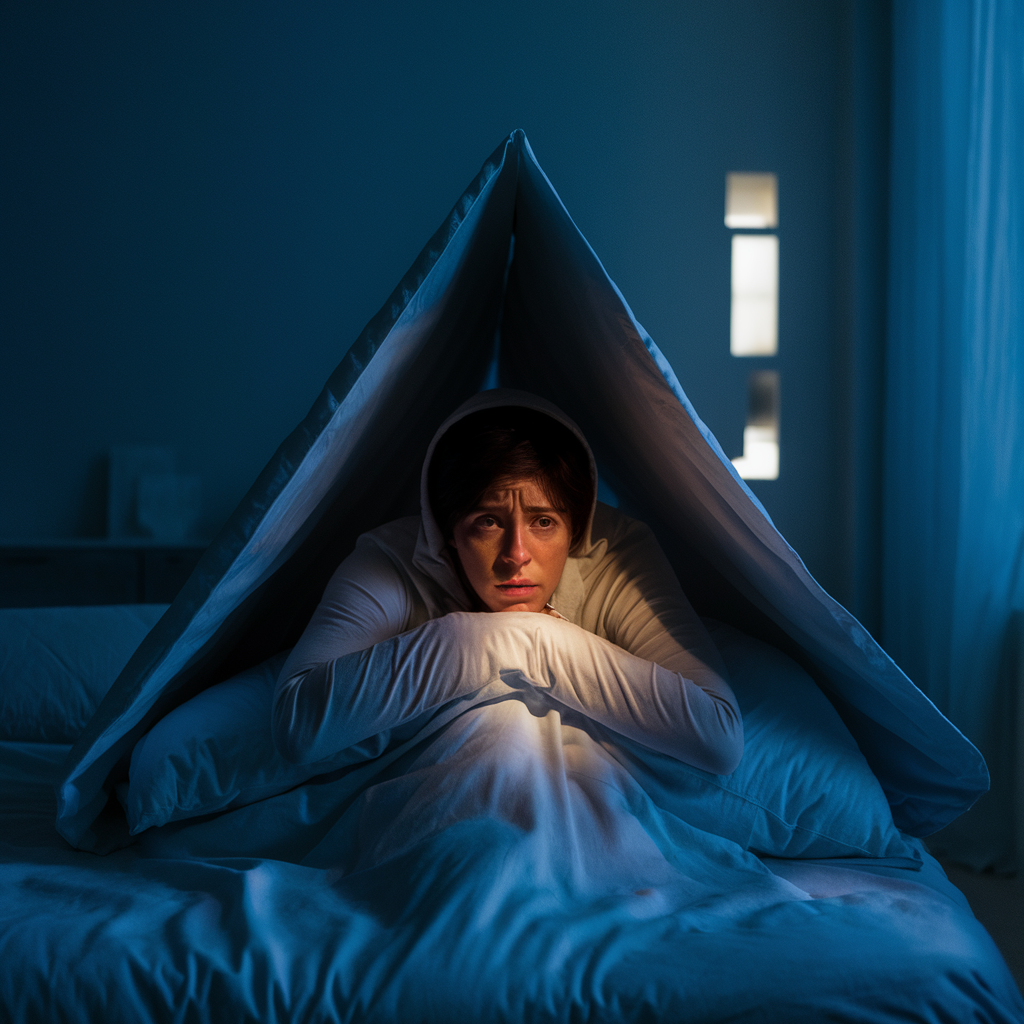Are you finding it hard to sleep? Many people blame stress or changes in their lives. But when it keeps happening for months, it’s like a never-ending story. It’s odd, isn’t it? You might think it’ll go away on its own, but it lingers. We try different things to fix it, like weird bedtime rituals or pills. But those quick fixes don’t really solve the problem. In fact, they can sometimes make it worse.
Insomnia isn’t just about not being able to sleep; it’s about restless nights. You might toss and turn, unable to find a comfortable position. Or maybe your mind races with thoughts, making it impossible to relax. It’s like your body and mind just won’t cooperate, no matter how tired you are.
And then there’s the fear of not getting enough sleep. You might try going to bed earlier, hoping that will help. But it often doesn’t. Instead, you end up spending more time in bed, staring at the ceiling. You might even start to avoid activities you enjoy, like hobbies or seeing friends, because you’re so tired all the time.
But here’s the thing: relaxation isn’t always the answer. Sure, it can help, but it’s not enough on its own. You need to change your behavior first. That might mean sticking to a regular sleep schedule, avoiding caffeine and screens before bed, or creating a calming bedtime routine.
Once you’ve made those changes, relaxation techniques can be more effective. Things like deep breathing, progressive muscle relaxation, or meditation can help calm your mind and body, making it easier to fall asleep.
Read more Health related Articles by clicking here
But overcoming insomnia isn’t easy. It takes time and effort. You might need to try different strategies to see what works best for you. And if you’re still struggling, it’s okay to ask for help. Cognitive Behavioral Therapy for Insomnia (CBT-I) is a proven treatment that can help you break free from the cycle of sleepless nights.
So hang in there. You’re not alone on this journey to better sleep. With the right support and strategies, you can overcome insomnia and get the restful sleep you deserve.
Important Note:
If you’re experiencing persistent or concerning symptoms discussed in this article, it’s crucial to consult a qualified healthcare professional. Don’t hesitate to reach out to your healthcare provider for comprehensive care and support. Your health and well-being are top priorities, and seeking timely medical attention is essential for maintaining a healthy lifestyle.



